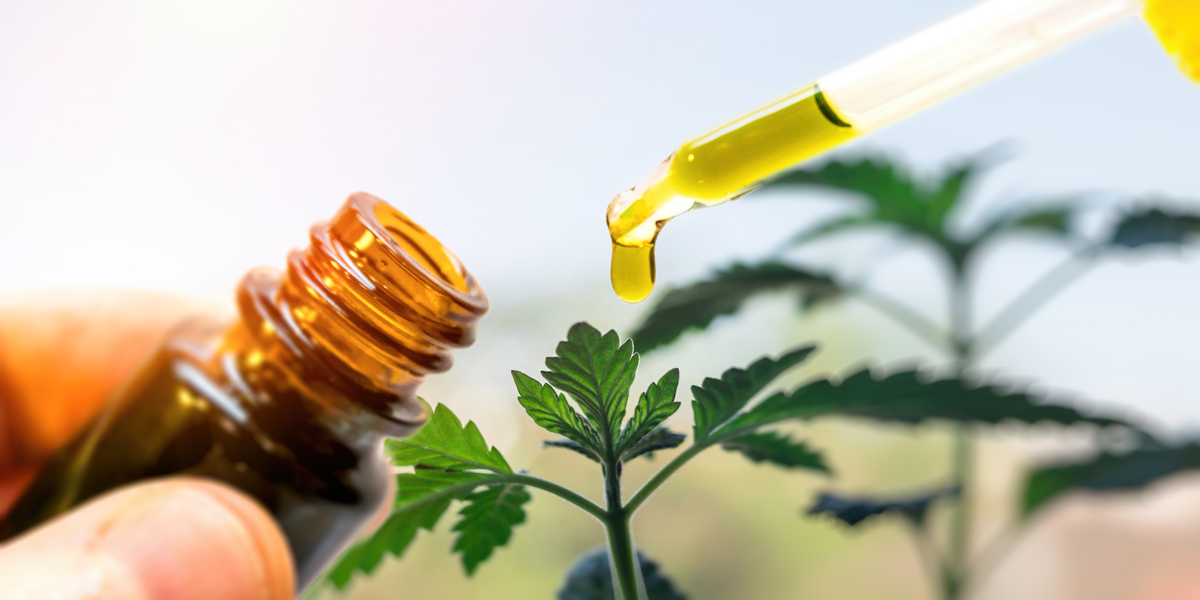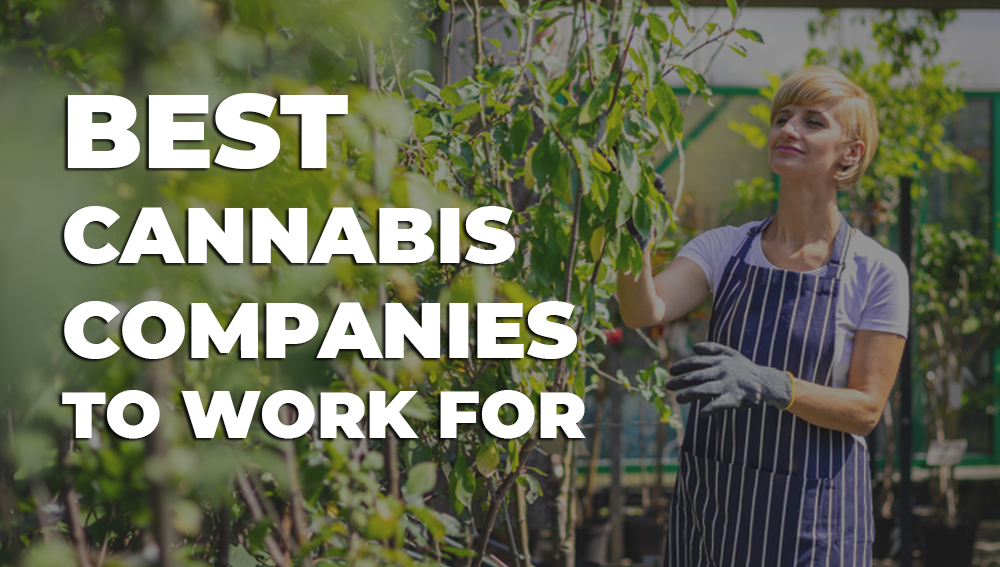
When CBD first hit the market, it might’ve seemed to some as a passing fad, but it’s becoming rapidly well known as a product that plenty of people may benefit from.
However, CBD still has a long way to go before your doctor (or the FDA) can recommend it, and this can make the act of shopping for CBD quite daunting.
And as the market grows, there are more and more brands to choose from, making the process appear even more overwhelming!
Here’s the good news though: you can shop for CBD as an informed shopper.
And becoming an informed shopper starts with knowing the right questions to ask. That being said, here are 7 questions to start off with when shopping for CBD for the first time
1. Is the CBD Sourced from Industrial Hemp or Marijuana?
Another key thing to ask when buying CBD is not only the intended use of the product, but what it contains and where it’s from.
The cannabinoid CBD can be extracted from two sources: industrial hemp: which is federally legal, and marijuana, which is not. This is also an important to consider, because CBD products derived from marijuana tend to contain higher levels of THC.
And this can come with its own issues: for one, a lot of individuals are interested in trying CBD because they’re hypersensitive to THC. This is also a big concern, depending on the state you live in, since most states still don’t allow hemp and CBD products to contain more than 0.3% THC.
That’s why, as a rule of thumb, it may be more favorable to go for CBD products with CBD derived from industrial hemp.
2. Where was the Hemp Cultivated?
Speaking of CBD products made with hemp, it’s also important to consider where the hemp came from.
Hemp is a crop that can be grown in most parts of the world, but its quality is heavily dependent on the soil and climate, and the United States and Canada are known across the board as having the best conditions for producing top quality hemp.
On top of that, the United States and Canada have strict growing procedures, and carefully monitor factors from soil contaminants to THC levels, giving customers the best peace of mind when buying their CBD derivatives.
3. Does this Product Contain Hemp Oil or Hemp Seed Oil?
The terms “hemp oil” and “hemp seed oil” are so similar, it’s easy to see how one might view the two as one and the same.
And unfortunately, less reputable companies are going to hope you don’t know the difference, because it’s actually quite telling.
You see, hemp oil, or hemp extract, is extracted from the flowers and leaves of hemp plants, and contain the bulk of the plant’s CBD, along with its other cannabinoids.
Meanwhile, hemp seed oil is derived from the seeds of the plant. And while hemp seed oil is high in omega-3 fatty acids among other nutrients, and makes a useful carrier oil, it’s important to note that it contains almost no CBD. So if you’re looking for a good CBD product, stick with products that list “hemp oil” as a key ingredient.
4. Is the Product Full-Spectrum Hemp or CBD Isolate?
You may have already noticed this one when browsing CBD: products will be labeled as either “full-spectrum hemp” or “CBD isolate.”
But what does this mean?
Basically, when a product contains CBD isolate, it contains just that: pure CBD, which has been isolated and extracted from hemp.
Full-spectrum hemp, on the other hand, contains not only CBD, but all other cannabinoids, terpenes, flavonoids, and amino acids found in hemp.
What’s the best option? It depends on the customer.
When people select products containing CBD isolate, they’re typically interested in just the CBD, and this is especially the case for those who are averse to THC, or for those who worry about passing a sensitive drug test. As an added benefit, CBD isolate products tend to be more affordable.
Full-spectrum hemp, on the other hand, is a favorite of those who want the entourage effect, which refers to the synergistic connection between all of hemp’s components. It’s widely believed that this effect can enhance CBD’s effects, with the bonus of plant-based nutrients.
Now, you might be wondering: is there an in-between option?
As a matter of fact, yes: broad-spectrum CBD products contain all of hemp’s components, minus THC.
This may be one of the most important questions to ask when buying CBD, because extraction methods matter, and they absolutely impact the quality of your product.
When it comes to extracting CBD, there are three major methods: oil extraction, solvent extraction, and CO2 extraction.
Oil extraction, is the oldest method of extraction with plant matter, and uses olive oil and heat to draw the compounds out of hemp flower that’s been decarboxylated. While this method is relatively clean, and can be done at home by CBD enthusiasts, the CBD it produces isn’t very potent, and extremely perishable.
The solvent method, meanwhile, involves the uses of solvents like ethanol, alcohol, butane, or propane. While this method is incredibly cheap, it has other drawbacks; for one, solvent extraction dissolves chlorophyll, which is incredibly bitter. Another disadvantage is that solvent extraction is incredibly dangerous. Generally, this is regarded as the method which produces the lowest-quality CBD products.
Finally, CO2 extraction is widely regarded as the method that yields the highest caliber of CBD, though it’s the most expensive. This is because it requires a specific machine known as a closed loop extractor, which includes three chambers: one holds dried plant material, one holds pressurized carbon dioxide, and the final chamber separates the product that’s yielded.
While CO2 extraction is costly, it’s widely regarded as the cleanest known method for CBD extraction, since it doesn’t require any liquid solvents or heat, and creates the most concentrated amounts of CBD.
6. How Much CBD is in the Product? How Much Per Serving?
This question can be tricky to answer, since it’s going to be different for everyone, but it’s nonetheless a key question to ask when shopping for CBD.
When choosing the best CBD dosage for you, the fact of the matter is that there is no universally accepted number, and determining the right dosage for your own needs may require some trial and error.
That’s why it’s so important that when you’re considering a CBD product, you take a look at the amount of CBD per serving, and how much CBD is in the entire product. When trying CBD for the first time, most experts recommend starting with a low dosage, so it’s important to keep the initial dosage in mind. This way, you can better fine-tune your ideal dosage over time.
7. Can the Company Offer Third-Party Lab Results?
Keep in mind that while CBD is legal in the United States, there is still no federal regulation surrounding the industry. This means that the quality control of CBD products are largely left in the hands of the seller.
This is why transparency is everything when it comes to finding a reputable CBD vendor, and one of the surefire signs of a good one is that their products are tested by a third party lab. And you’ll know that they do this when they offer certificates stating as much with each batch code.
Test results may be found on the vendor’s website, or they may be available on request.








